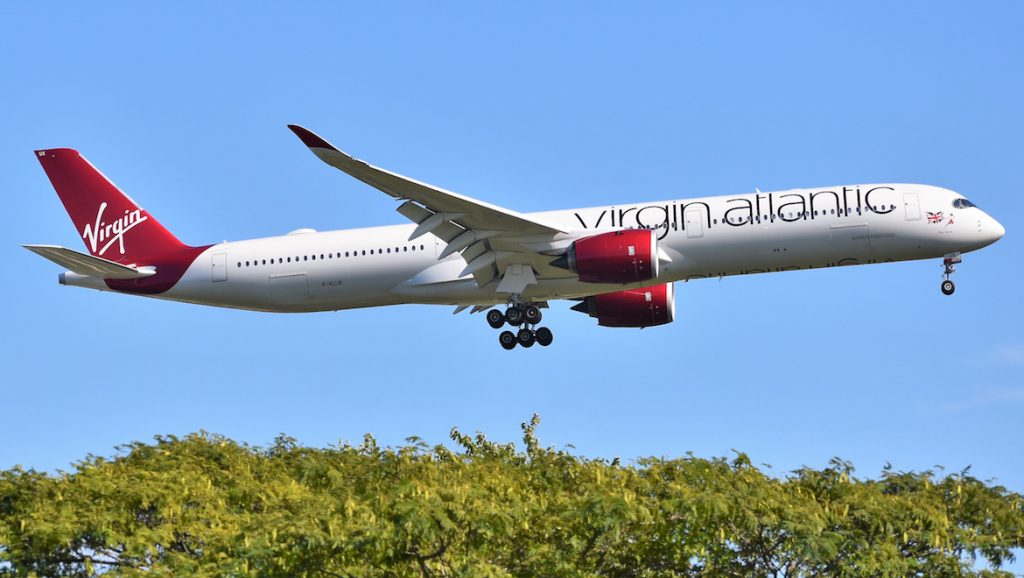
Virgin Atlantic has penned a codeshare deal with Middle Eastern Airlines (MEA), boosting the slow recovery for the Arabic carrier that saw mid-year traffic far from pre-pandemic levels.
The codeshare will allow a seamless connection between the US and Beirut through London Heathrow, and restore Beirut’s connections with the global economy, as the Middle Eastern travel industry continues to suffer.
According to the deal, customers can book through Virgin Atlantic to travel between US airports such as Boston, New York JFK and Los Angeles and then Beirut, connecting at Heathrow Terminal 3.
Walid Abillama, head of commercial strategy and alliances at MEA, said the codeshare would assist its target of rebooting the US travel market to Beirut.
“We are hopeful that this partnership will reintegrate Beirut within the global economy as a post COVID-19 travel destination and will maintain its promise of resilience,” he said.
Before the deal, MEA operated two flights a day landing at Heathrow with its Airbus A321neo.
As part of the codeshare, flights will land at Terminal 3 where Virgin Atlantic flights to the US arrive and depart.
Middle Eastern Airlines – Air Liban is one of the major carriers in the Middle East, with its home base in Rafik Hariri International Airport in Beirut.
Over 3 million people of Arabic descent live in the US, and the deal will “respond to the large, fast-growing demand to visit friends and relatives”, according to Juha Jarvinen, chief commercial officer at Virgin Atlantic.
“Partnerships are more important than ever, and we look forward to building on the incredibly successful interline relationship we have had in place for a number of years,” he said.
The partnership comes at a crucial time for MEA, as the International Air Transport Association (IATA) reported last week its June demand traffic dropped 79.4 per cent compared with 2019.
While it is a slight improvement from May, reporting a 81.3 per cent decrease, Willie Walsh, director general of IATA, said international travel is “nowhere near where we need to be”.
“June should be the start of peak season, but airlines were carrying just 20 per cent of 2019 levels,” he said. “That’s not a recovery, it’s a continuing crisis caused by government inaction.”
Earlier in March, Walsh urged the Middle East to redevelop plans to restore international travel, however, traffic is still stunted in the second half of the year.
Along with Africa and parts of the Asia-Pacific, the Middle East is still battling the affects of low international travel trends, despite leading the way in high vaccination rates.




